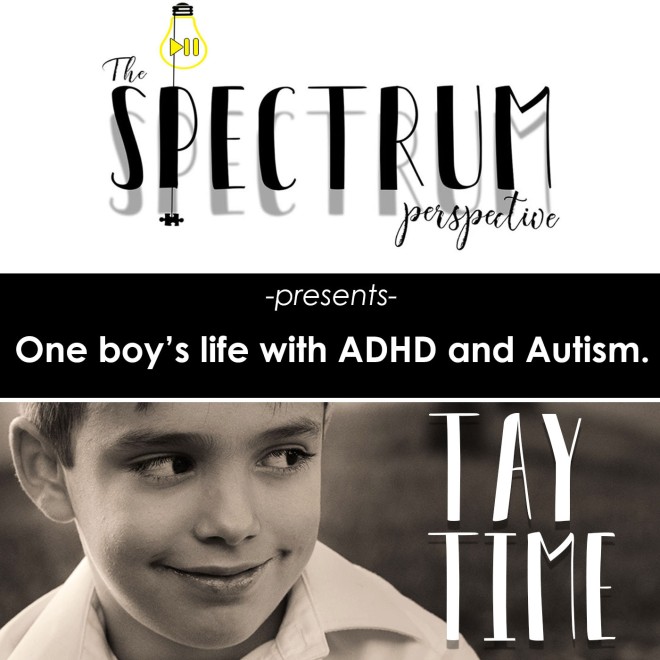When someone walks in your kitchen and says ” Hey, I’m hungry”, that’s communication. When someone walks in your kitchen, grabs the cereal box off the counter and hands it to you, that’s also communication, correct? Most would agree with me, but when it comes to raising and helping those in our community who are non verbal, it often gets forgotten that behavior is communication. This valuable lesson was engrained in my brain after one particular Autism related conference that I attended several years ago, and it might have saved my son’s life. Let me explain.
The Nisonger Center is a part of The Ohio State University that is dedicated to research and services for those with developmental disabilities. They often hold educational seminars and conferences that can be attended by parents like myself. One such conference was about the medical care of those on the ASD and the challenges that it can present. One particular speech was given by Dr. Christopher Hanks, one of the physicians of CAST, Center for Autism Services and Transition, here in central Ohio.
During his speech he explained how there were only a handful of centers like it in the nation and that they were pioneering the way medical services were given to young adults who were transitioning out of pediatric care . He was explaining how complex medical care can get for those on the spectrum, especially those who are nonverbal or limited verbally. He went on to give a few examples that changed the way I look at my own non verbal son, forever.
One example was of a young woman who had come to the clinic with a behavior of pounding her chest with her fist. She had been exhibiting this behavior for some time, but, after a thorough medical examination, they found that she had been suffering from GERD for years. They treated her for it, and her chest pounding behavior went away. She was trying to tell someone she was in pain for years, and it wasn’t until she made it to medical doctors who listened to her non verbal communication that she was finally heard.
Another story he told that I can recall was of another young adult who started exhibiting the behavior of stomping his foot. To most people, it just looked like he was being defiant. Again, after being examined by their doctors, they found this young man was suffering from a broken bone in the same leg. Not everyone on the Autism Spectrum reacts to pain in the same way. Their neurological systems can cause their sensory experience to be vastly different from those who are not on the spectrum. For instance; hunger can go unrecognized , or bad pain can be experienced as a tickle. (Go HERE to learn more.) Up until this point, I knew that my son getting overly hyper meant he had tummy issues, but I realized that I needed to pay closer attention to his behaviors because I could still be missing a lot.
Fast forward a few years after the conference. My son has never slept through the night all the way and now he’s exhibiting hyper, loud, yelling spurts at school that are followed by low points where he has no desire to do anything all and seems sleepy. I take him to a GI specialist to help his tummy issues, but still, there are lingering concerns. Even after treating his GI issues, the hyper behavior is still present and he is still is not sleeping through the night. He starts taking other people’s hands to smack them against his head, almost daily. We treat it like a headache and give him the appropriate over the counter pain relievers.
One day , while I was walking him out of school, he stopped in mid-stride while staring at the ground. His left hand was in mine, while his right was stuck in mid-air. He did not respond when I said his name. I watched every inch of him as I said his name a second time. His right hand tremored, and I said his name a third time before he finally looked up. He seemed lethargic and sleepy after this and his pupils were dilated.
After compiling all of his latest documented behaviors from school and home, I went to his pediatrician to tell them what I had just saw outside of the school. They sent him to a neurologist who then ordered a two-day, two night EEG. Sure enough, he had seizure activity that happened mainly at night, which explained his years of disrupted sleep. A majority of the activity happens in the left hemisphere of his brain, which explains the tremor I saw in his right hand, because the each side of the brain controls the opposite side of the body. He was definitely having headaches too which explains him taking our hands and hitting his head. We are now pretty sure his hyper behavior that’s immediately followed by exhaustion is his reaction to a daytime seizure too. He’s been experiencing all of this for a long time, but could not tell us verbally.
Absence seizures are usually diagnosed by the patient having staring spells, but how do you catch that in someone on the spectrum who stares a lot anyway? By paying attention to the other nonverbal behaviors. My son is now on a medication that helps stop the seizure activity from happening and it helps lessen his chances of having a Grand Mal seizure in the future. It’s not an absolute guarantee, but he’s way better off than he was before the diagnosis and his behavior now reflects that.
It’s interesting to see what all information you can get from someone’s nonverbal communication once you’ve delved into the possibilities with someone nonverbal. I’ve found that my son gets upset if you talk to him about his inability to speak words. He’s well aware of his disposition in this super verbal world, which I can only imagine is beyond frustrating on a daily basis. Along side looking for hints to medical issues, I’ve learned other behaviors that have meaning too. For instance; he walks up to me and stares me in the eyes right before he wants to snuggle with me, and he still gets loud and yells if his tummy issues are acting up. It’s easy to miss or miss understand when you are not attuned to it.
Harvard University offers courses to their law students that teach the art of reading and understanding non verbal communication during negotiations. Why? Because it’s an inconspicuous, though salient, part of how we communicate with one another. It’s easy to dismiss behavior coming from someone non verbal as defiance or unexplainable self harm, but we need to look closer and figure out what they are actually trying to say with the behavior. It’s all communication, and everyone deserves to be heard.





